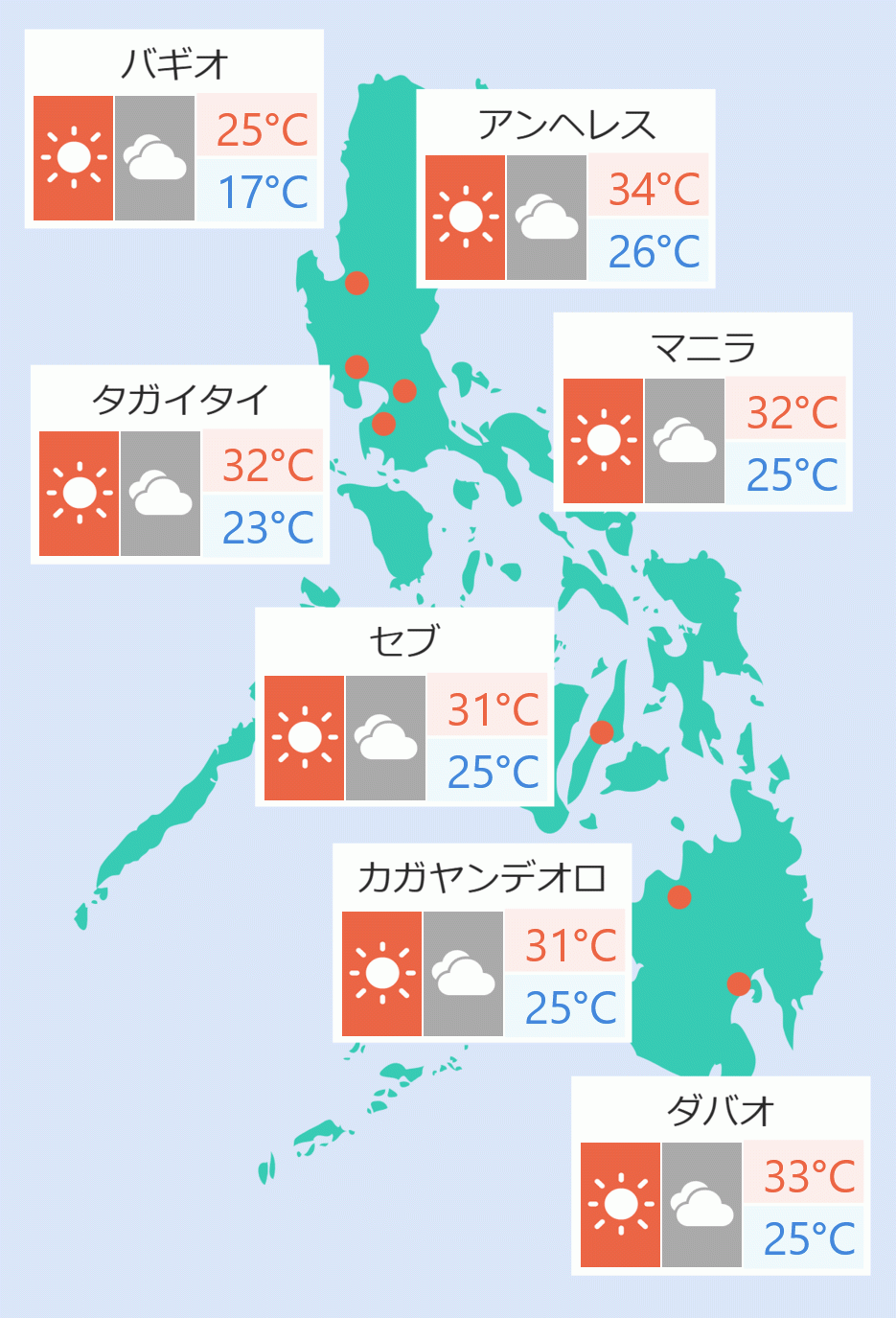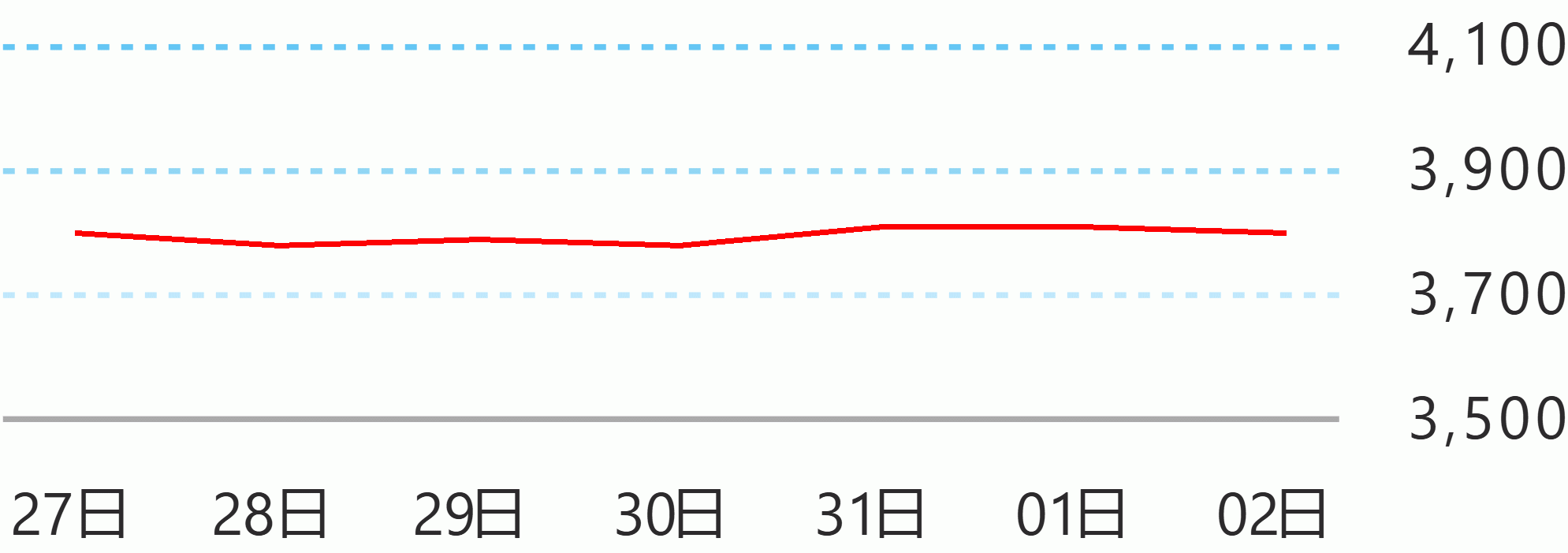Despite the recent statement of a defense analyst that the placing of navigational buoys may add to the tension in the West Philippine Sea, National Security Adviser Secretary Eduardo Ano insists that it "is an act of a sovereign nation and is pursuant to the country’s obligations under international law."
In a statement on Friday, Ano who was chief of staff of the Armed Forces of the Philippines (AFP), said "the installation of buoys with the Philippine flag further signifies the country’s sovereign rights and jurisdiction over our (exclusive economic zone) EEZ."
"This act of marking the boundaries with our national flag signals our unwavering resolve to safeguard our maritime entitlements and resources. Furthermore, it underscores our adherence to international statutes, specifically the United Nations Convention on the Law of the Sea, which acknowledges coastal states' entitlement to manage their EEZs," he said.
"The installation of the buoys reinforces the Philippines' commitment to promoting peace, stability, cooperation, and the rule of law in the region. It is not done with brute force but with deliberative action buttressed by international and domestic laws. After all, installing and maintaining navigational aids benefits not only our vessels, but also those of neighboring countries, promoting safe and efficient maritime trade and commerce for the benefit of all," he added.
Ano said as a maritime nation, "it is imperative that the Philippines prioritize the maintenance of navigational safety to ensure the protection of our waters and the people who rely on them. The consequences of neglecting navigational safety can be catastrophic, leading to accidents, loss of life, and damage to the environment."
"We wish to stress that safe and efficient navigation is critical to international trade and commerce, and any disruption to this can have far-reaching consequences. Besides, our maritime borders are vulnerable to threats such as piracy, smuggling, and terrorism. Thus, maintaining navigational safety is critical to safeguarding the nation against these threats," he added.
Ano stressed that as a responsible coastal state, the Philippines are fulfilling its commitment under international law to install and maintain these aids to navigation that assist vessels in safe passage within its territorial waters.
The Philippine Coast Guard has been installing navigational buoys in the vicinity waters of Lawak, Likas, Parola, and Pag-asa in the WPS since last year, while five others were recently place near the waters of Patag, Balagtas, Panata, Kota, and Julian Felipe Reef all in the Kalayaan Group of Island (KIG). Robina Asido/DMS





 English
English










